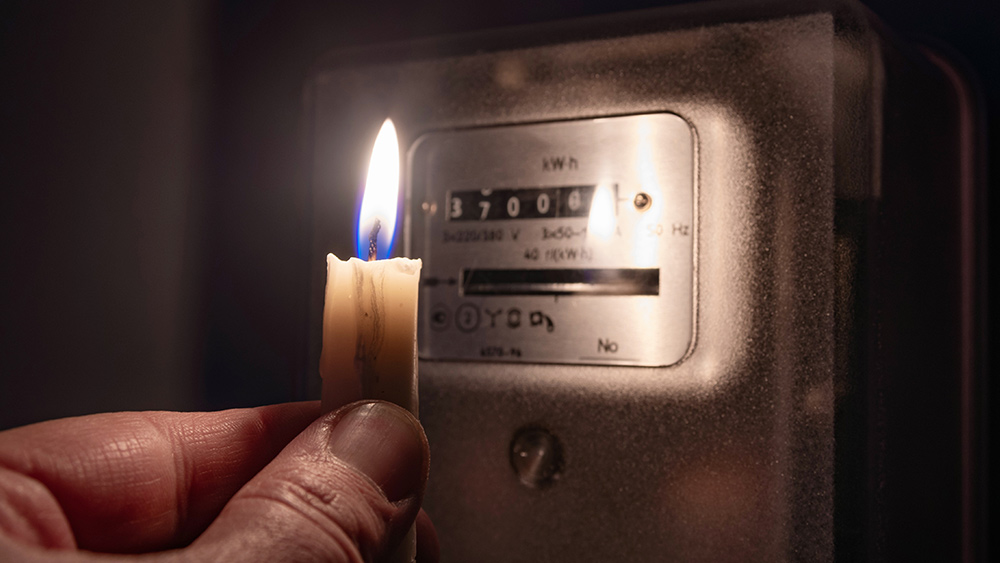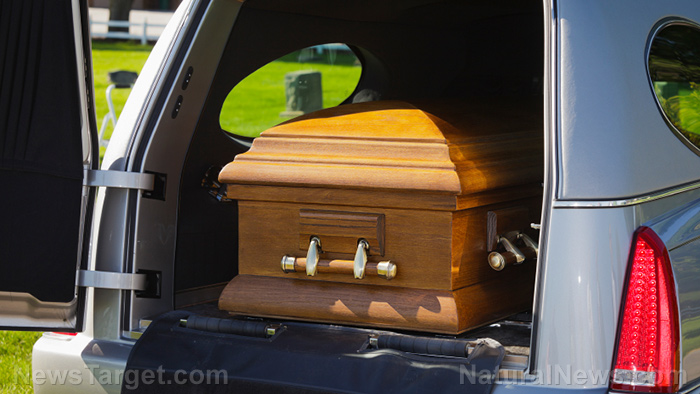
Advertisement
Though they’ve been out of office for nearly a decade, George W. Bush and Dick Cheney should still be held accountable for the crimes they committed while occupying the White House. This is the opinion of Judge Andrew Napolitano, who revealed all during a 2010 interview with former presidential candidate Ralph Nader, available at Brighteon.com.
It was immediately after 9/11 that Bush and Cheney decided to trample all over habeas corpus, a key provision of the United States Constitution that prohibits unlawful imprisonment or detention. Suddenly it was okay to arrest people in America without probable cause or reasonable suspicion, and throw them in detention centers like the one built at Guantanamo Bay.
In asking Judge Napolitano his opinions on the matter, Nader is seen in the video explaining to the judge how Bush rounded up thousands of Americans, many of them of Muslim or Arab origin, and threw them in jail without charges. Though they were all eventually released, these were clear violations of the Constitution, Nader emphasizes.
“That is so obviously a violation of the natural law, the natural right to be brought before a neutral arbiter, within moments of the government taking your freedom away from you,” responds Judge Napolitano, a constitutional expert and author of the book Lies the Government Told You.
“And the Constitution itself, the Supreme Court [decided] that wherever the government goes, the Constitution goes with it, and wherever the Constitution goes, are the rights that the Constitution has to guarantee.”

Keep in mind that Bush and Cheney’s creation of the Transportation Security Administration (TSA) after 9/11 similarly violates habeas corpus in that its very existence violates the 4th Amendment, which protects Americans against unreasonable searches and seizures without probable cause or reasonable suspicion.
Be sure to watch the full exchange below, available at Brighteon.com:
Judge Napolitano: a sitting president NEVER has the right to suspend habeas corpus
There are, in fact, no circumstances under which a sitting president ever has the right to suspend habeas corpus, Judge Napolitano explains, adding that only Congress has the power to do so – and only under very strict and specific circumstances.
“abeas corpus cannot be suspended by the president, ever,” Judge Napolitano declared. “It can only be suspended by the Congress in times of rebellion, which … means rebellion of such magnitude that judges can’t get into their courthouses. That has not happened in American history.”
“So what President Bush did with the suspension of habeas corpus, with the whole concept of Guantanamo Bay, with the whole idea that he could avoid and evade federal laws, treaties, federal judges and the Constitution was blatantly unconstitutional and in some cases criminal.”
When asked by Nader whether Bush and Cheney should be indicted and prosecuted for their crimes, Judge Napolitano emphasized that they “absolutely” should have been indicted “for torturing, for spying, for arresting (people) without warrant.”
“The evidence is overwhelming when you compare it to the level of evidence required for a normal indictment, that George W. Bush as president, and Dick Cheney as vice president, participated in criminal conspiracies to violate the federal law and the guaranteed civil liberties of hundreds, maybe thousands, of human beings,” Judge Napolitano concluded.
“I’d like to say that they should be indicted for lying, but believe it or not, unless you’re under oath, at least not an indictable crime,” he jokingly added as a caveat. “It’s a moral crime.”
Bush and Cheney likely already would have been indicted, were the American people as a whole more involved with the process – and more importantly, educated as to the ins and outs of the Constitution. This is why Thomas Jefferson once stressed the need to “educate and inform the whole mass of the people” because “they are the only sure reliance for the preservation of our liberty.”
Sources for this article include:
Submit a correction >>
This article may contain statements that reflect the opinion of the author
Advertisement
Advertisements















